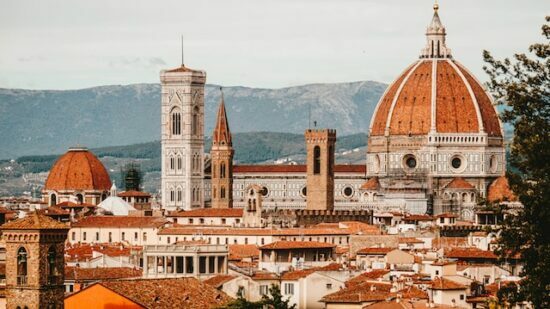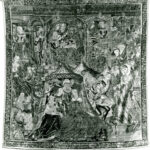Laurent de Medici, also known as Lorenzo de’ Medici, was a prominent figure in the Italian Renaissance. Born on January 1, 1449, in Florence, Italy, Laurent was a member of the influential Medici family, which played a crucial role in the cultural, political, and economic development of Florence during the 15th and 16th centuries. Laurent’s patronage of the arts, his political acumen, and his support for humanism made him one of the most significant figures of his time.
Laurent was the son of Piero di Cosimo de’ Medici, the head of the Medici banking family, and Lucrezia Tornabuoni. From a young age, Laurent displayed a keen interest in literature, philosophy, and the arts. He received an excellent education, studying under renowned humanist scholars such as Marsilio Ficino and Angelo Poliziano.
In 1469, following the death of his father, Laurent assumed leadership of the Medici family and became the de facto ruler of Florence. Despite not holding an official title, Laurent wielded significant political power, establishing himself as the de facto ruler through his wealth, influence, and alliances with other powerful families. He skillfully managed Florentine politics, maintaining a delicate balance of power and ensuring stability within the city-state.
One of Laurent’s notable achievements was his patronage of the arts. He believed that art and culture were essential for the flourishing of society, and he generously supported artists, writers, and scholars. Laurent commissioned numerous works of art, including sculptures, paintings, and architectural projects. His patronage provided artists such as Sandro Botticelli, Leonardo da Vinci, and Michelangelo Buonarroti with the means to create masterpieces that would come to define the Renaissance era. Laurent’s support for the arts not only contributed to the cultural renaissance in Florence but also helped establish the city as a center of artistic excellence.
Laurent was also a passionate supporter of humanism, a philosophical and intellectual movement that emphasized the importance of human potential, education, and the pursuit of knowledge. He embraced the ideals of humanism and surrounded himself with scholars and philosophers who shared his vision. Laurent’s court became a vibrant center of intellectual discourse, attracting some of the most brilliant minds of the time. The influential philosopher Pico della Mirandola and the renowned scholar Angelo Poliziano were among those who found patronage and support under Laurent’s rule.
Despite his patronage and support for the arts and humanism, Laurent’s rule was not without challenges. He faced political opposition from rival factions within Florence, particularly the Pazzi family, who conspired to overthrow the Medici rule. The infamous Pazzi Conspiracy in 1478 aimed to assassinate Laurent and his brother Giuliano during a religious ceremony at the Florence Cathedral. While Giuliano was killed, Laurent escaped with injuries. The Pazzi Conspiracy was ultimately foiled, and its perpetrators were executed, solidifying Laurent’s position as the de facto ruler of Florence.
In addition to his political and cultural pursuits, Laurent also had a keen interest in literature. He himself was an accomplished poet and writer, composing poetry and participating in literary circles. His poetry reflected the ideals of humanism and the love for beauty and wisdom. His most famous work, “The Triumphs,” is a collection of poems that explores themes of love, morality, and the passage of time.
Laurent’s reign as the de facto ruler of Florence lasted until his death on April 9, 1492, at the age of 43. His passing marked the end of an era characterized by the flourishing of art, culture, and intellectual pursuits in Florence. Despite his relatively short life, Laurent’s influence on the Renaissance and his contributions to the cultural and political landscape of Florence remain indelible.
Today, Laurent de Medici is remembered as one of the key figures of the Italian Renaissance, a passionate patron of the arts, a skilled politician, and a fervent supporter of humanism. His legacy lives on through the artworks he commissioned, the intellectual traditions he fostered, and the enduring impact of his patronage on the city of Florence. Laurent’s contributions to the Renaissance continue to inspire scholars, artists, and enthusiasts alike, reminding us of the transformative power of art, culture, and intellectual pursuits in shaping society.
Sources
- Lorenzo de’ Medici – Wikipedia
- The Pazzi Conspiracy: https://www.britannica.com/event/Pazzi-Conspiracy
- Lorenzo de’ Medici | Biography, Facts, Family, Accomplishments, & Death | Britannica
- Laurent de Médicis, dit le Magnifique (histoire-pour-tous.fr)







